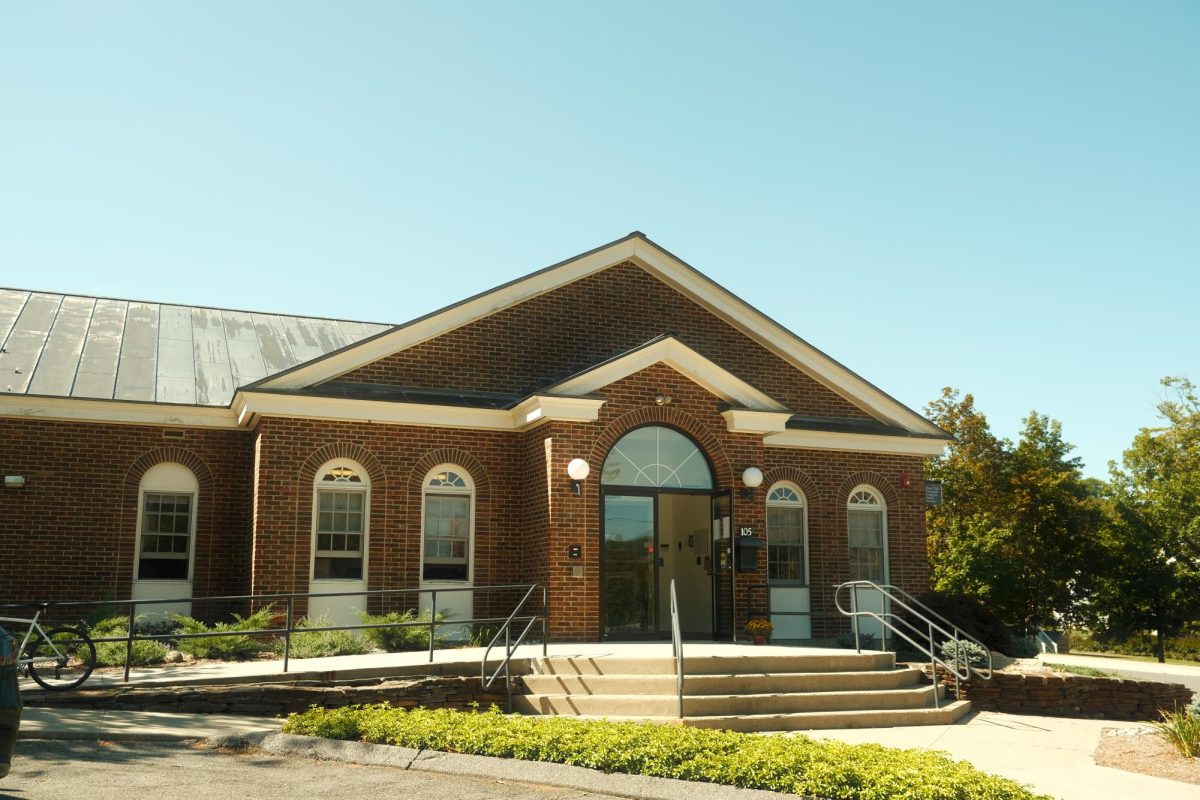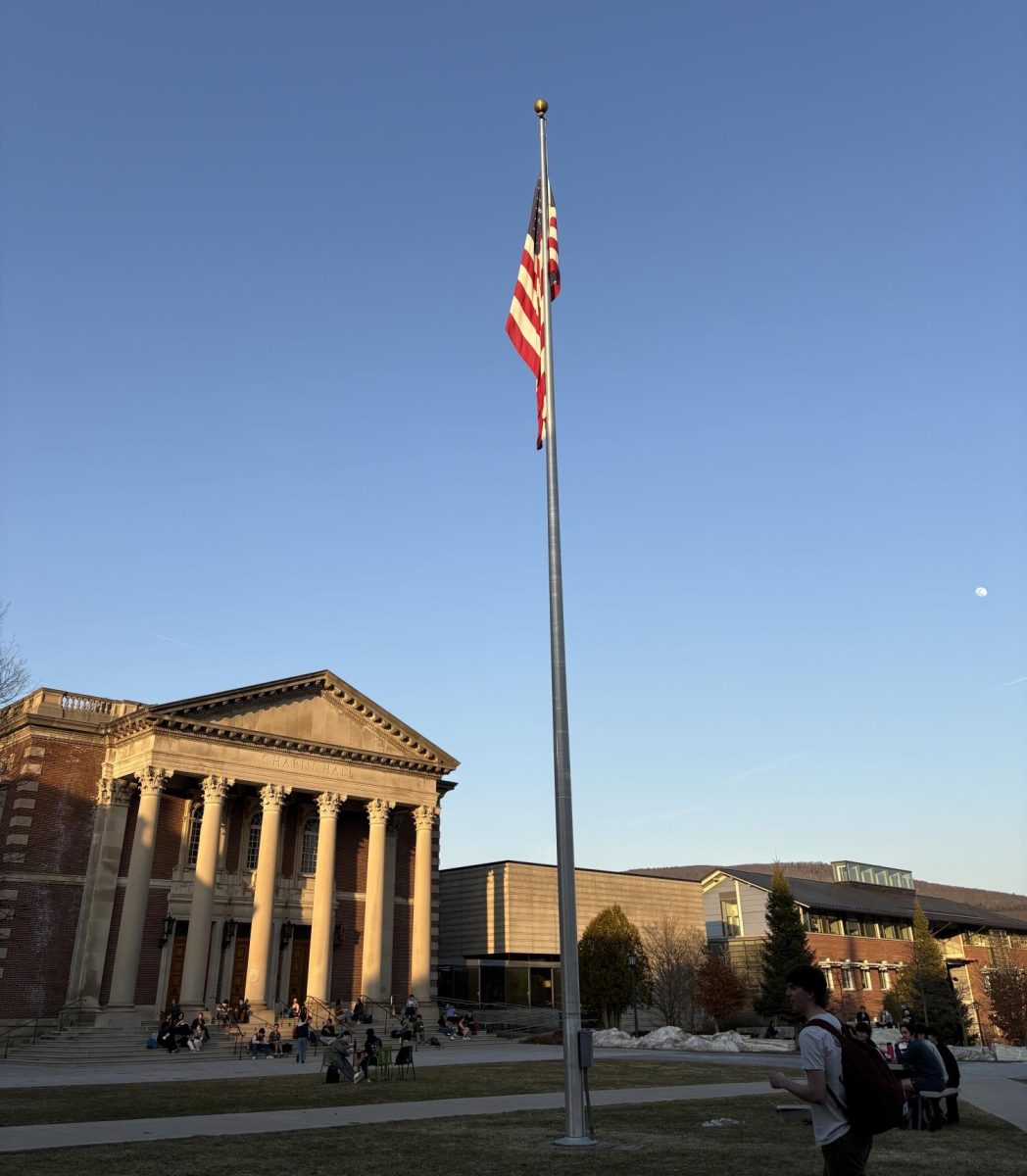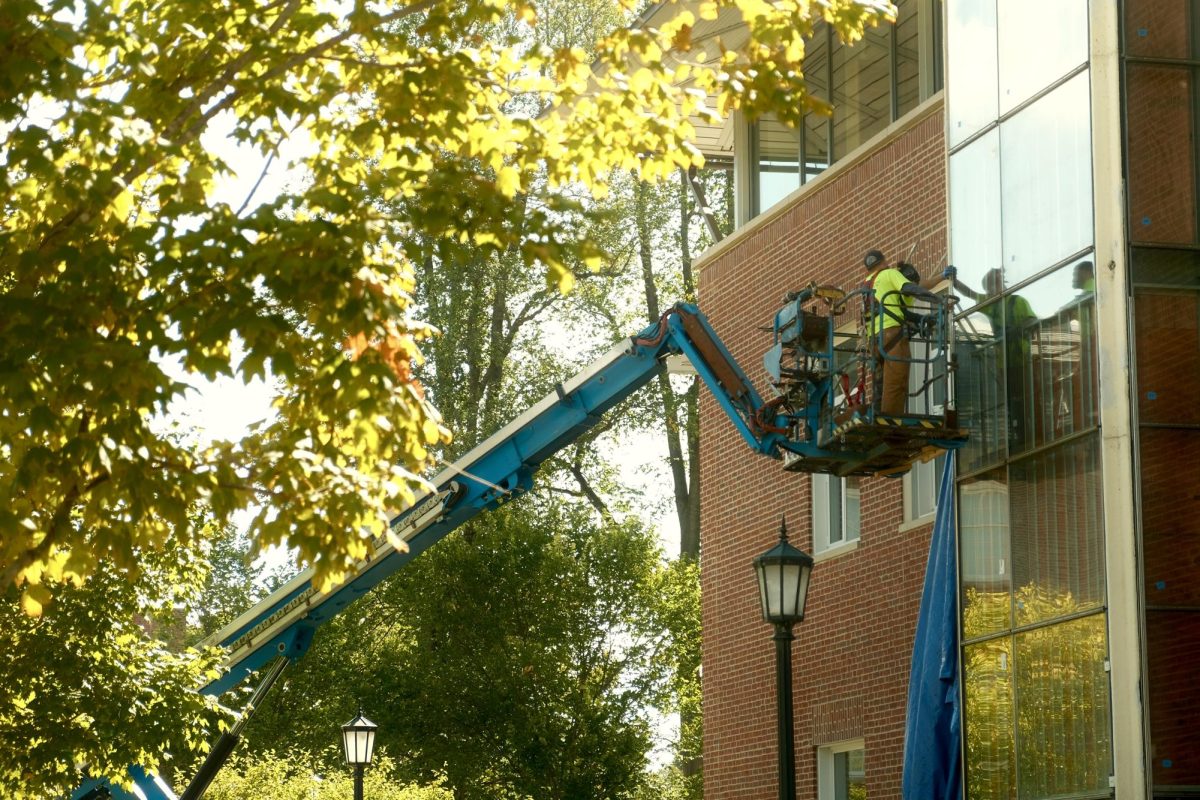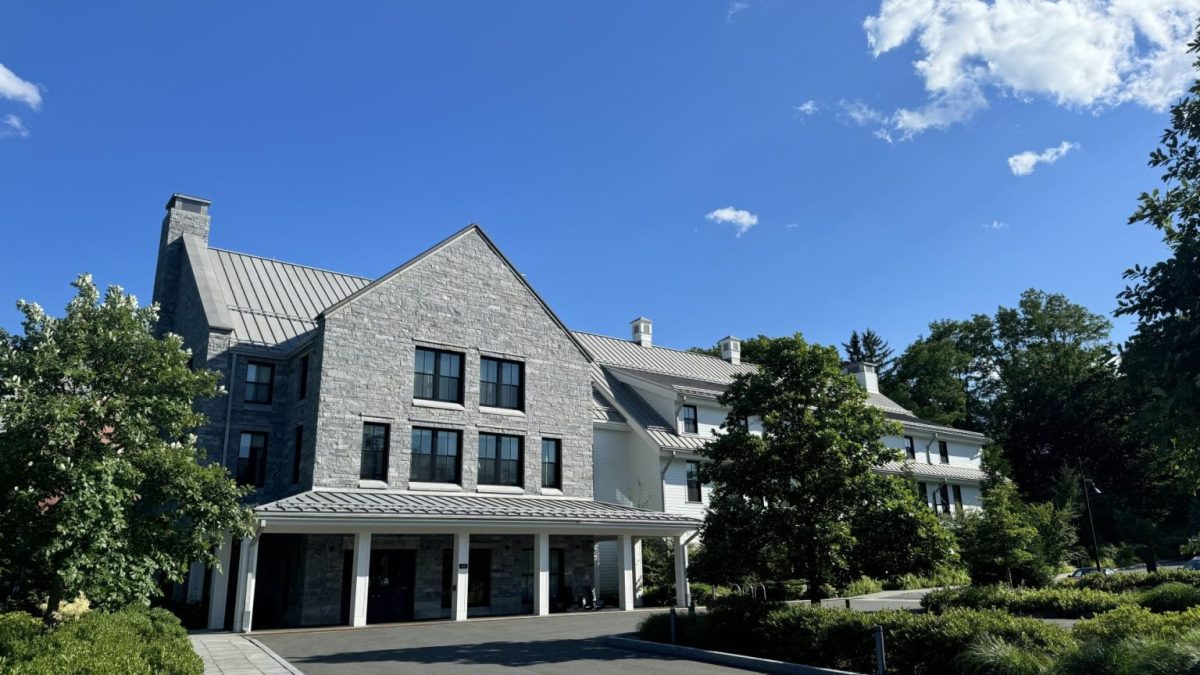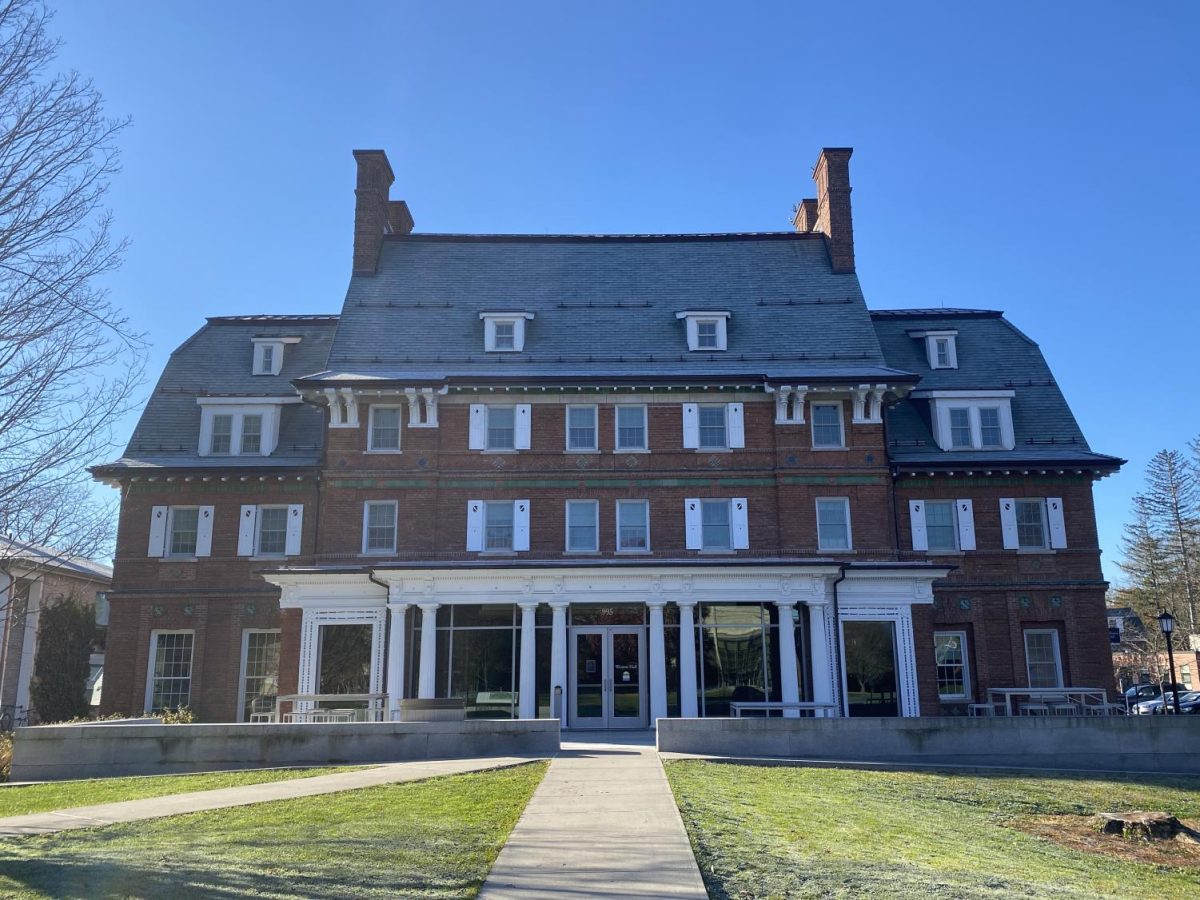On Nov. 6, the Honor and Discipline Committee sent an email to the student body to “communicate a piece of information and a few suggestions.” The email, sent by Associate Professor of Economics and Faculty Chair of the Honor and Discipline Committee Sarah Jacobson and student chair of the committee Morgan Noonan ’22, came as the committee considers a potential rise in honor code cases compared to previous semesters.
The message stated that faculty can monitor Glow access logs during assessments, and that if a student is found to have accessed Glow when such access is forbidden, the case will be referred to the committee.
The email also advised students to reach out to their professors if they are unsure of what resources can be used during assessments and to “reduce temptations” during assessments by using an internet lock or moving restricted materials away from their work spaces. The message concluded with a reminder that students can make use of Integrative Wellbeing Services (IWS) for “personal support during these stressful times.”
In an interview with the Record, Jacobson stated that a similar letter was also sent by the committee to faculty members. “What prompted the dual letters was … a couple things,” Jacobson said. “Thing one was that we are seeing more honor code cases than we see in a normal year. [The second thing] was that while faculty know very well, more or less, that there are logs on Glow that you can check to see student access, it wasn’t clear to us that students necessarily knew that. So we just wanted to increase the transparency.”
According to Jacobson, the committee has seen 11 honor code cases so far this fall, although “it’s hard to be very precise about the comparison with other semesters because this semester is not over yet.” Last fall, there were 14 cases, while the fall before that had 22 cases — “the largest number of cases ever, as far as I can tell,” Jacobson said. “The number of cases bounces around a lot from year to year. This semester is certainly on the heavier end, but we just don’t know to what extent.”
The message to faculty recommended them to suggest ways for students to minimize temptation to break rules. According to Jacobson, the message also said that if it was possible to make fewer resources disallowed, for example by making exams open-book or open-note, “that might help”. Ultimately, however, “professors have autonomy over what they do in their classes and rightly so, and may not find it possible or appropriate to make any such change at this point or ever,” Jacobson said.
When asked if the higher rate of violations can be attributed to the nature of hybrid learning, Jacobson responded that while it is true that barriers to cheating are lower due to exams being remote or take-home, many students are also under an unusually high amount of stress this semester.
“My belief about this is that nobody is inherently a cheater… There has to be a strong inducement to cheat,” Jacobson said. “When the temptation becomes strong enough and the community aspect of upholding the honor code is less salient and you’re stressed out, then sometimes you just make a decision that’s not the best decision… That’s why we’re hoping that conversations with the community can help make the honor code more salient and help make people feel more strongly about it.”
One such conversation occurred on Nov. 15, when the Honor and Discipline Committee hosted a discussion event on Zoom entitled “Living Honor Code Values in Our Community.” Participants were put into breakout rooms to discuss two questions: “How do we integrate the Honor Code into daily life?” and “What would the Honor Code look like if it was a living document? How would it change with the times and technology?”
During the event, which was attended by 17 students, faculty and staff, participants discussed how the College’s honor code signing process differs from those of other schools, reframing the honor code as a positive instead of a punitive measure, increasing the community’s familiarity and engagement with the honor code and regularly revisiting and potentially updating the honor code.
“Morgan and I, at the start of the year in consultation with [Dean of the College] Marlene Sandstrom, thought that a good mission to have for the year would be to have some good conversations about what we’re doing within the Honor and Discipline Committee,” Jacobson said in regards to the motivation behind the event.
“Do we plan to scrap the honor code and create a new thing? Not necessarily… But we do think that the procedures we use to implement the honor code … really need to be driven by values,” she continued. “So it’s always a good idea to do a check-up and say ‘What are our values and do our actions match our values?’”



